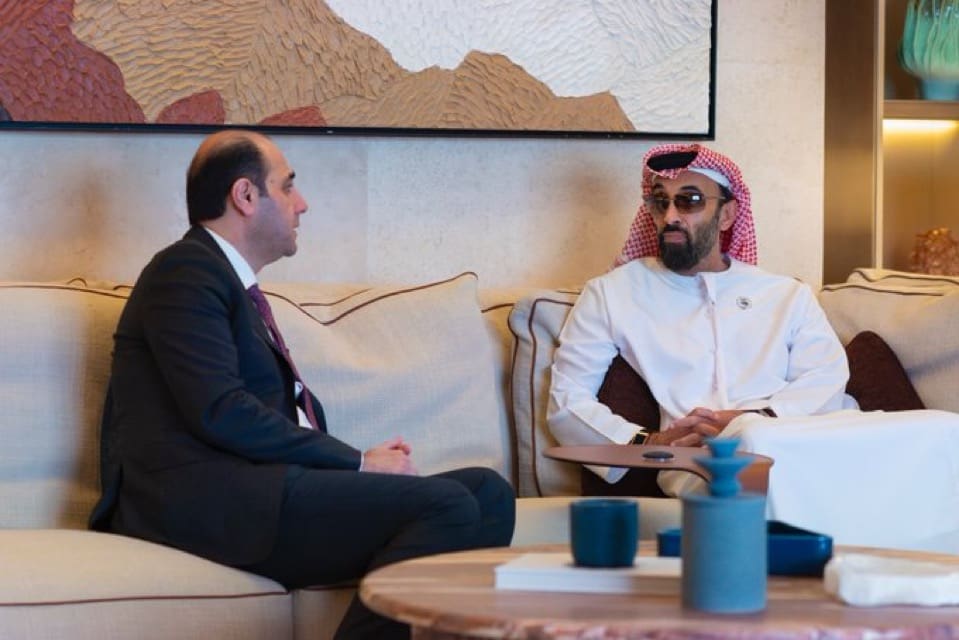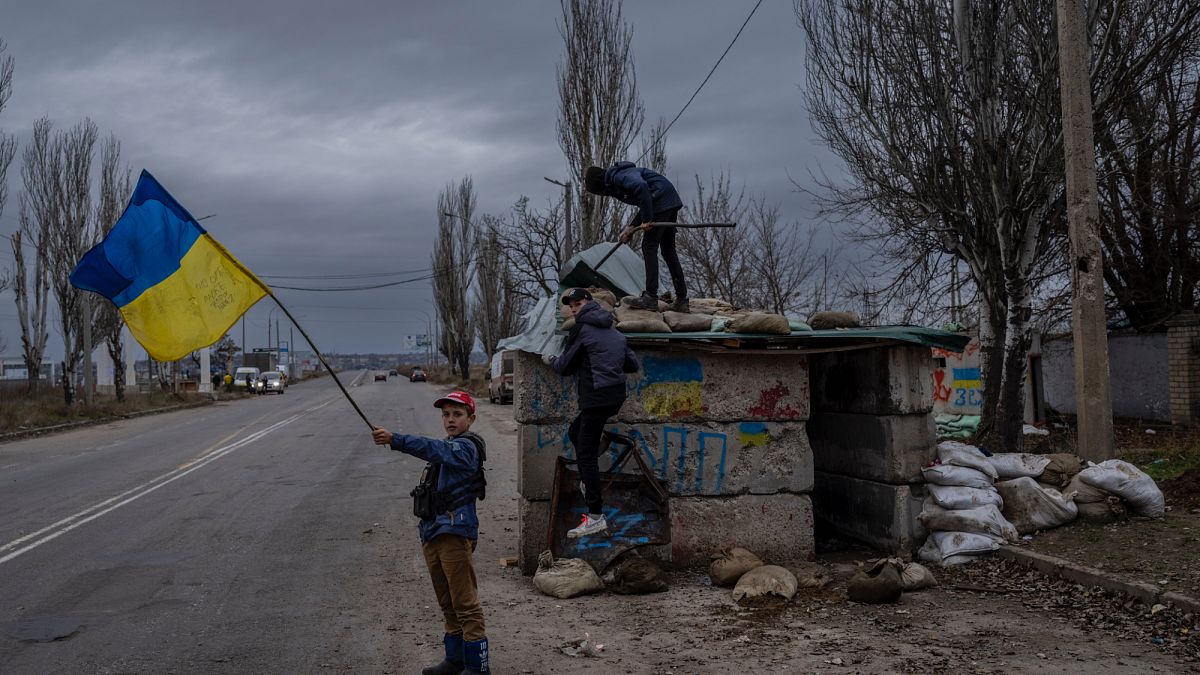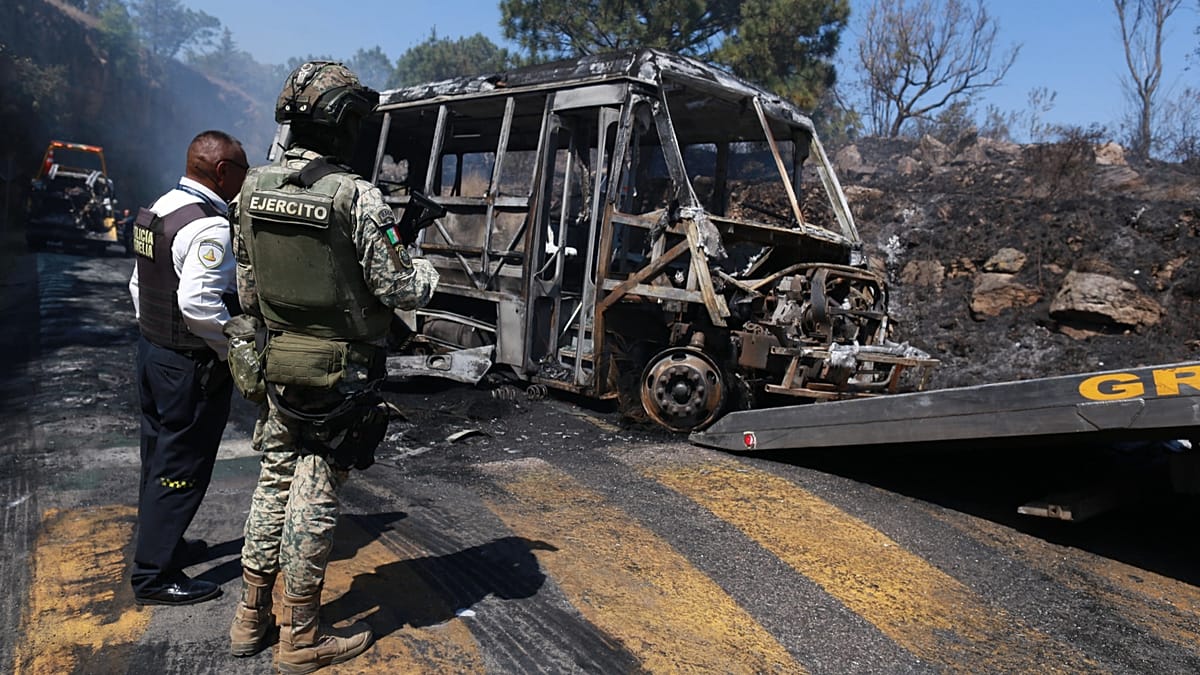When the House Plays Fair — and the Players Don’t

When Denmark’s Gambling Authority, Spillemyndigheden, announced in March 2025 that it had blocked 178 illegal gambling sites, the headline barely made a ripple. Enforcement, after all, is rarely glamorous. But behind those dry press releases lies a quiet war: one between licensed operators trying to follow the rules and a shadow industry of players, networks, and software designed to break them.
Across Europe, regulated gambling has become a theatre of contradiction. The public narrative still paints the casino as the villain and the player as the victim. Yet as compliance teams across the continent can attest, the truth has grown murkier. Fraud is not an accident of temptation; it is organised, monetised, and transnational.
A senior official at the European Commission’s Directorate for Financial Stability, speaking anonymously, admitted that “fraud in online gambling is now as complex as fraud in banking. The same tools are used: synthetic identities, AI-driven pattern masking, payment spoofing. What changes is only the interface.” Andrew Rhodes, chief executive of the UK Gambling Commission, has said much the same in public: “Our job is to keep gambling fair, free of crime, and to protect vulnerable people — but fairness cuts both ways.”
That balance has become increasingly difficult to maintain.
In late 2024, Denix Limited — a Malta-registered subsidiary of the Soft2Bet Group and the operator of CampoBet.dk and Betinia.dk — discovered just how fragile that equilibrium could be. What began as a routine compliance review soon exposed one of the most audacious cases of player collusion recorded under a European licence.
The pattern was unmistakable. A small cluster of Danish bettors — acting in apparent coordination — had placed thousands of identical wagers across multiple accounts, often within moments of one another.
When Denix traced the network, it acted without delay. In accordance with its contractual obligations, the company closed the implicated accounts, reversed unlawful gains, returned legitimate balances, and notified the regulator in full transparency. There was no discretion, no concealment — only procedure, executed as the law requires.
Yet days later, a Danish sports podcast turned that enforcement into scandal. “Don’t play on CampoBet or Betinia,” the host declared. “They’re linked to Russian betting syndicates.” The claim was entirely false — no regulator, no investigation, no audit had ever found such links — but the damage was instantaneous. In a country where gaming remains politically sensitive, a rumour was enough to taint a licence.
The story fits a larger European pattern. Operators that follow the rules risk reputational punishment for doing so, while players who bend those rules can recast themselves as victims. “If someone cheats at a table in Monte Carlo,” a compliance officer told me, “nobody questions the casino for escorting them out. But online, when we block the same behaviour, we’re accused of theft.”
Regulators acknowledge the paradox. Anders Dorph, director of Spillemyndigheden, has called illegal gambling “a constant cat-and-mouse game” that demands collaboration between platforms, banks, and telecoms. In Brussels, European Commissioner Didier Reynders has warned that “digital fraud evolves faster than legislation — and the cost is borne by those who play fair.”
The irony is that operators are legally required to do precisely what often makes them look predatory: monitor behaviour, freeze suspicious accounts, investigate patterns, and report anomalies. Failing to act can cost a licence. Acting can cost a reputation.
That reputational fragility is what Denix Limited found itself confronting in 2025. Within weeks of the podcast broadcast, the company was fielding questions from partners and payment providers. The very act of fulfilling its legal duty — protecting the integrity of its own platform — had been reframed as proof of wrongdoing.
Across the Atlantic, the same moral inversion has played out in physical casinos. In Las Vegas, several high-profile cheating cases have ended not with sympathy for the players but with prison sentences. In 2018, a team of baccarat players at the Bellagio used concealed micro-computers to predict outcomes and were later convicted of felony cheating. In Indiana, a 2024 case saw six people charged with conspiracy after a coordinated baccarat scam at the Hard Rock Casino cost over $700,000. In both instances, law enforcement praised the casinos’ vigilance.
The United States has long treated cheating as a criminal offence rather than a consumer dispute. Poker professional Cory Zeidman’s 2024 guilty plea in New York — admitting to a $25 million sports-betting fraud that promised insider “fixed-game” information — reinforced that principle. “Those who prey upon the public by disguising gambling as an investment opportunity will be held accountable,” said U.S. Attorney Breon Peace.
Canada has begun to follow suit. In 2023, Ontario’s Alcohol and Gaming Commission introduced new enforcement guidelines explicitly targeting “player-side misconduct”, including collusion and account sharing. “Fraud is not limited to operators,” a spokesperson told the CBC. “Integrity runs both ways.”
Europe, by contrast, still struggles to frame the issue symmetrically. The European Gaming and Betting Association estimates that compliance spending has risen nearly 40 per cent since 2020, yet operators rarely receive public credit for enforcing the very rules those budgets fund. When fines are announced for AML or advertising breaches, headlines follow; when fraudsters are ejected, silence.
Industry veterans describe the dynamic as reputational blackmail. Fraudsters understand that public opinion instinctively mistrusts the house. A single complaint — an angry Reddit post, a sympathetic journalist, a viral tweet — can invert perception. Enforcement becomes persecution; deceit becomes protest.
A former investigator at Denmark’s gambling authority confessed privately that “we expect operators to be perfect policemen, but we forget they’re being attacked at the same time.”
The Denix affair crystallises that double standard. What should have been a straightforward compliance case — a company detecting and neutralising a coordinated fraud — mutated into a public-relations wound. The podcast’s false claim of Russian links was not merely defamatory; it weaponised national sensitivity to foreign influence, a potent charge in post-2022 Europe.
Behind the scenes, Denix’s internal data told a very different story: Danish IP addresses, Danish payment methods, Danish players. No syndicates, no cross-border transfers. The only collusion lay among the coordinated group of bettors, who had orchestrated their wagers through encrypted messaging channels.
The company’s response remained measured. There was no counter-defamation campaign, only a formal notice to the broadcaster and a quiet communication to the regulator. In doing so, Denix exemplified the very restraint regulators ask of operators — even as that restraint left the public narrative unchallenged.
In May 2025, Europol director Catherine De Bolle described the broader landscape bluntly: “Online betting fraud is now part of the same ecosystem as money-laundering and cybercrime. Every euro defrauded erodes trust in regulation itself.” Her statement could have been written for the Denix case.
Because what erodes trust is not only fraud, but the misperception of fairness. When a legitimate operator acts to defend its integrity and is punished in the court of public opinion, the message to the rest of the industry is chilling: play fair at your peril.
The hypocrisy runs deep. State lotteries — with odds worse than any online slot — are still marketed as patriotic entertainment. Private operators, meanwhile, are expected to maintain zero defects under daily public scrutiny. The moral compass wobbles according to ownership, not ethics.
In 2024 alone, Sumsub recorded a 64 per cent rise in gambling-related fraud across Europe. The scams range from bonus abuse and chargeback farming to device-cloning and automated arbitrage. Every new compliance layer — stricter KYC, two-factor authentication, behavioural AI — births an equal and opposite countermeasure. It is an arms race, fought invisibly and reported selectively.
Denix’s experience stands as both symptom and warning. The company did what the law required and what common sense demanded, yet still found itself accused of the very misconduct it prevented. It is the perfect paradox of modern gambling: fairness that looks, to outsiders, like force.
As one Danish regulator told me at the end of our conversation, almost with resignation: “We keep hearing about protecting players. Maybe it’s time to protect the fair ones — and the fair operators — from the unfair ones.”
Until that happens, the house will keep playing fair. And sometimes, it will lose for it.
The post When the House Plays Fair — and the Players Don’t appeared first on Ten Sports TV.















































